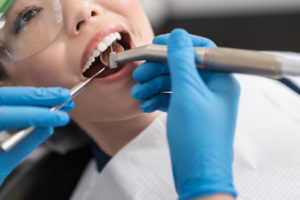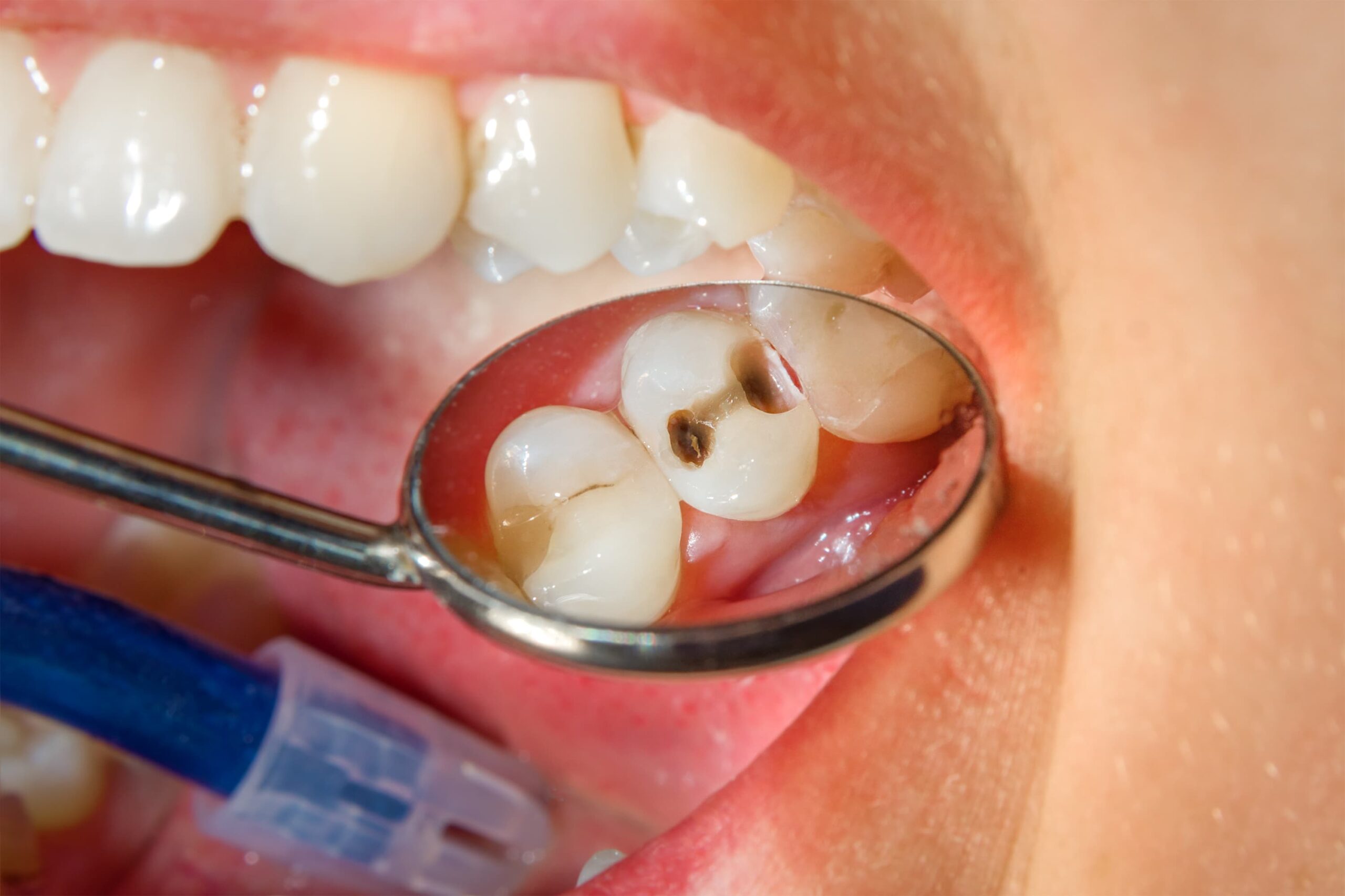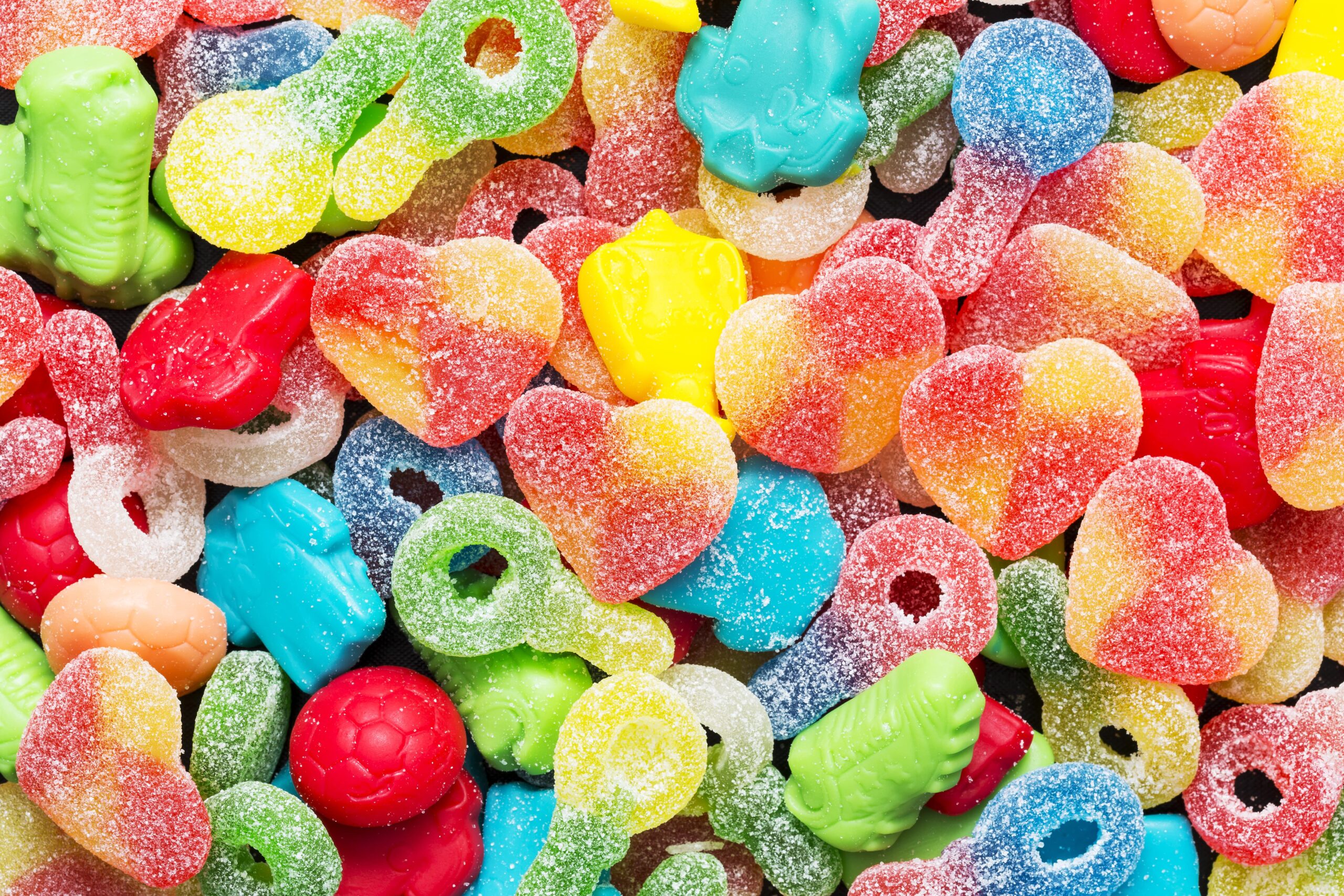
Your teeth are essential to your overall health and appearance, and getting cavities can be a painful and frustrating experience. If you brush and floss every day, you might be a little puzzled that, despite your best efforts, tooth decay can still occur. The truth is this can happen for various reasons, including bacteria buildup, sugar, frequent snacking, or improper oral hygiene. And you’re not alone! Let’s explore why your teeth might get cavities so easily and what you can do to prevent them.
Contents
How Do Cavities Happen?
Cavities are permanently damaged areas in your tooth that develop into holes. This tooth decay usually happens through a gradual process that can take months or years and follows the following stages:
- Plaque formation: Plaque is a sticky film of bacteria that forms on your teeth and gums. Whenever you eat or drink, the bacteria in plaque use the sugars in the food to produce acid. This acid starts to dissolve the protective layer of enamel on your teeth, creating weak spots.
- Enamel erosion: Over time, enamel erosion creates small pits or holes. Often, this happens in areas that are difficult to clean, allowing more plaque and bacteria to accumulate and worsen the decay process.
- Destruction of the inner tooth: As erosion progresses, it can reach the inner layers of your tooth, including the dentin and pulp. The result is sensitivity, pain, and in some cases, infection or tooth loss.
Five Reasons You Have Cavities Even if You Brush Regularly
It can be worrisome knowing the effects of tooth decay on your teeth. If you get cavities easily, it’s essential to understand why this might occur. Here are some potential reasons behind your experience:
1. You Are Using the Wrong Toothpaste
No matter how regularly you brush your teeth, using the wrong toothpaste can do more harm than good. Fluoride is one of the critical ingredients in cavity prevention — it helps strengthen tooth enamel and prevent decay. Natural alternatives often lack fluoride, which can impact your oral health.
Additionally, some kinds of toothpaste may be too harsh on your teeth. Relative dentin abrasion (RDA) measures the erosive potential of the ingredients found in toothpaste. Generally, a rating of 150 and above is considered harmful and can damage your enamel, making it easier for bacteria to cause cavities.
2. Your Molars Are More Prone to Decay
Some teeth are structurally more susceptible to cavities than others. Molars, in particular, have a higher risk of decay. These teeth are positioned at the back of your mouth and are responsible for chewing and grinding food. If you have deep grooves, this can make brushing especially difficult. When food builds up and gets trapped, it can form plaque and eventual cavities.
If you find these areas challenging to clean, consult your dentist about preventative measures, like sealants or fluoride treatments. They can also recommend best practices for getting into the grooves, including specific brushing techniques or special toothbrushes.
3. Frequent Snacking
Constant snacking, especially on sugary and sticky foods, can significantly increase your risk of developing cavities. As mentioned above, each time you eat, the bacteria in your mouth produce acid using the sugars found in food. Items like candy or toffee can easily get stuck in the crevices between teeth, providing the perfect conditions for harmful bacteria. As a result, the surfaces of your teeth can slowly wear down and lead to decay.
If you can’t help your munching habits, rinsing your mouth with water after each snack is an excellent technique to prevent buildup.
4. Dry Mouth
Saliva is crucial in neutralizing acids and preventing tooth decay because it washes away bacteria and food particles. A dry mouth allows this bacteria to thrive, increasing acidity and the chance of enamel erosion. It can occur for various reasons, like dehydration. However, if this is a chronic experience, it’s essential to speak to your doctor to find the underlying cause and appropriate treatment options.
5. Genetics
Certain genetic variations can affect the composition and strength of your tooth enamel. You might be more susceptible to cavities if you inherited weaker enamel, even if you practice proper oral hygiene. Additionally, genetics can impact your saliva composition, affecting its ability to neutralize acids and prevent decay.
While you can’t change your DNA, knowing your risk factors can help you take extra precautions to prevent cavities, like regular dental checkups and cleanings. Knowing these underlying characteristics can also help your dentist identify and recommend some at-home techniques to promote better oral health.
Best Practices to Avoid Cavities
Even if you’re more prone to getting cavities, the good news is that with the best practices, you can reduce your risk or catch the decaying process before it leads to severe outcomes. For ideal results, try the following:
- Brush twice daily and floss once daily: This standard practice removes food particles from your teeth and gumline.
- Use toothpaste with fluoride: As mentioned earlier, fluoride strengthens tooth enamel, making it more resistant to acid attacks.
- Rinse your mouth with water after every meal: Rinsing with water after every meal can assist your saliva in neutralizing the acid and washing away food particles.
- Get regular checkups and cleanings at your dentist: These appointments allow your dentist to examine your teeth and gums and use professional cleaning tools to remove plaque and tartar buildup.
What Do Cavities Look Like?

Some cavities are easily visible, while others are hidden amongst your teeth. In general, they look like an emerging dark spot on your tooth. Cavities can be dark brown or even black in colour and may form a small hole. The appearance will depend on the severity and location of your cavity. Early on, a cavity may appear yellow and look like a stain or discolouration on your tooth.
Regular dental check-ups are vital in catching cavities early because you may not be able to see cavities forming, especially in between your molars, but a dentist can.
Why Do Cavities Hurt?
In the early stages of a cavity, they don’t tend to hurt. But as they progress, the amount of pain you might feel depends on your tolerance, the severity, and the location. Pain occurs when the inner part of your tooth—the pulp—becomes swollen and irritated. Since the pulp cannot swell through the outer layer of your tooth, it will compress the nerves underneath, which is when you might feel an ache. If left untreated, decay can spread through the root of your teeth into your gums and jaw, causing further damage and immense discomfort.
Foods to Avoid

Sugary Foods and Drinks
Indulging in sugary treats and beverages triggers the production of acid in your mouth, which in turn erodes tooth enamel. Since enamel serves as a shield against cavities, its deterioration can lead to dental decay. By consistently consuming sugary items throughout the day, you’re prolonging the presence of this harmful acid in your mouth for extended periods. To mitigate this risk, try to reduce snacking and rinse your mouth with water after eating sugary foods and drinks such as soda, cake, cookies, ice cream, or honey.
Sticky Candies
Foods that cling to your teeth pose a greater risk of causing damage compared to those easily removed by brushing or rinsing. Sticky candies like toffee or gummies tend to remain in your teeth for longer than other foods. When possible, brushing and flossing right after consumption can help eliminate much of the residue.
Time for a Cleaning?
At Costello Family Dentistry, we offer regular checkups and cleanings in a comfortable environment so that you can feel good about your smile. We have the expertise to ensure you have all the information you need to care for your teeth! Contact us today to book an appointment.


